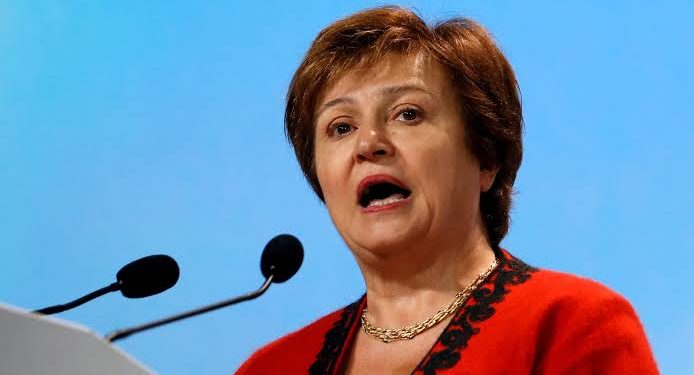By Enyichukwu Enemanna
The International Monetary Fund (IMF) on Sunday expressed worry over the rising debt profile of countries in Middle East and North Africa (MENA), saying, it is of “concern”.
The Fund therefore urged governments to build resilience through fiscal policies to protect against shocks in uncertain times.
At the Arab Fiscal Forum in Dubai, United Arab Emirates, the head of the International Monetary Fund, Kristalina Georgieva urged authorities to adopt “robust” fiscal frameworks and address climate change.
“Public debt is a concern, especially in countries that are oil importers and that is an issue we will continue to be working on,” she told the forum, adding that inflation in the region was “far too high still”.
The IMF had last month predicted that economic growth in Middle East and North Africa would slow to 3.2% this year, before ticking up to 3.5% in 2024. Inflation was seen surpassing 10% in 2023, according to a full copy of Georgieva’s speech published by the IMF.
According to her, the region needs to boost its average tax-to-GDP ratio to at least 15% from a current 11%.
“We need at least 15% for tax policies to be sustainable. I would argue that we need more… that there is space to double tax revenues,” Georgieva said.
Georgieva said the earthquake that hit Turkey and Syria “brought tremendous tragedy on people but also very significant impact on the Turkish economy”.
“So we have to build more resilience to these shocks.”
She also called for deeper multilateral cooperation to help countries with unsustainable debt and climate change, as temperatures in the region are warming at twice the speed of the rest of the world.
Governments in the region, which have identified multi-year financing needs of over $750 billion for climate action, need to encourage private climate finance through the right policies and financial solutions, she added.




































